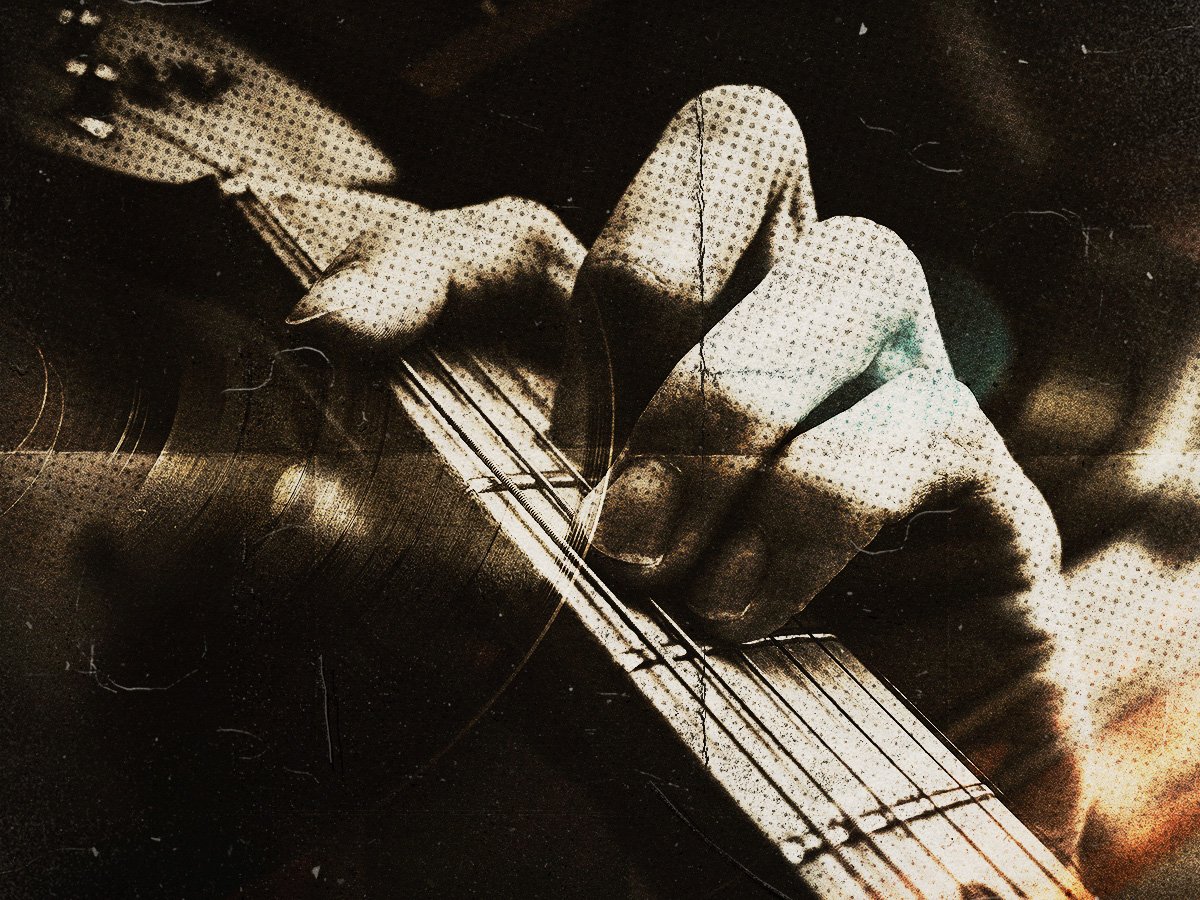In the 1950s, music was dominated by short and catchy radio hits. The era saw the rise of rock and roll, gradually moving from its rebellious roots to mainstream success, led by icons like Elvis. However, the world wasn’t quite prepared for the introduction of the first great guitar solo.

During this time, radio was the primary platform in the music industry, and songs were tailored to be quick and attention-grabbing. The traditional verse and chorus format prevailed, leaving no room for extended instrumentals or prolonged interludes. Artists focused on securing coveted spots on radio playlists, and the idea of filler in songs was nonexistent.
In this musical landscape, the concept of a guitar solo was unheard of in the 1950s. While there were already influential guitar players like Sister Rosetta Tharpe, Buddy Holly, and John Lee Hooker, guitar solos in the midst of radio hits were not yet a common occurrence. Musical genres like blues, jazz, and folk allowed the guitar to shine but were often more connected to traditional or classical forms.
Rock and roll, the newly mainstream sound, had not yet expanded its sonic boundaries. Crafted to capture the attention of radio listeners, incorporating an instrumental section like a guitar solo went against the established norms of modern music at the time.
However, in 1954, Johnny ‘Guitar’ Watson emerged to challenge these norms with his daring debut single, “Space Guitar,” marking the advent of the first great guitar solo. The track’s groundbreaking sound left critics astounded, and upon its release, Billboard could only express their confusion and astonishment with a review score that simply read, “??.”
Beneath the typical blues beat and structure, Watson’s electric guitar playing was revolutionary. Transforming traditional blues chords into something entirely new, “Space Guitar” showcased one of the first instances of what we now recognize as a lead guitar riff or solo. Flamboyant, maximalist, and energetic, the track introduced 1950s music fans to a sound they had never experienced before.
Johnny ‘Guitar’ Watson’s groundbreaking contribution paved the way for a musical revolution. Just two years later, Chuck Berry released “Roll Over Beethoven” in 1956, featuring an iconic guitar solo. Elvis Presley incorporated the new guitar solo style into tracks like “Jailhouse Rock,” achieving immense success. The impact continued with bands like The Kinks, The Beatles, Led Zeppelin, and others, all creating history with their iconic guitar solos.



